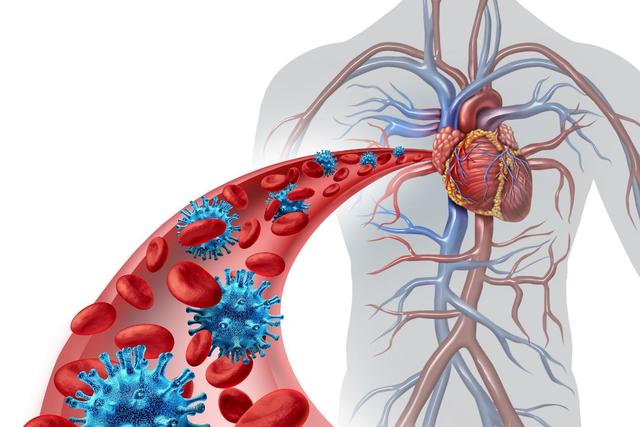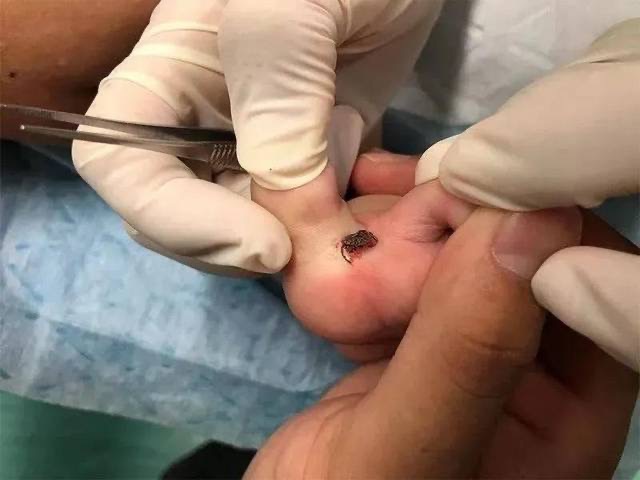Today we want to talk about the foreign medical world of new things, look at those amazing medical science and technology are doing what it is. 1. change the gene: to deal with the "customized treatment"
In foreign countries, technology gurus are engaged in genetic modification. How to change it? They use CRISPR-Cas9, an awesome technology, to accurately cut human genes, repair problematic genes, and adjust gene expression. This simply opens up a new world for treating genetic diseases and also allows for more personalized medicine.
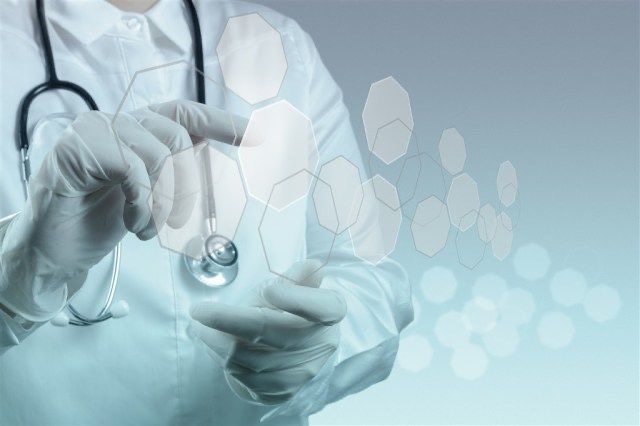
2. Intelligent medical care: AI accompanied by a medical assistant
Artificial intelligence is not just a thing in science fiction movies. In foreign countries, many medical institutions have begun to use AI to help doctors do diagnosis and treatment. The computer learns to analyze a large amount of medical data, assisting the doctor to determine a more accurate treatment. There is also image recognition technology, which can help doctors look at image results.
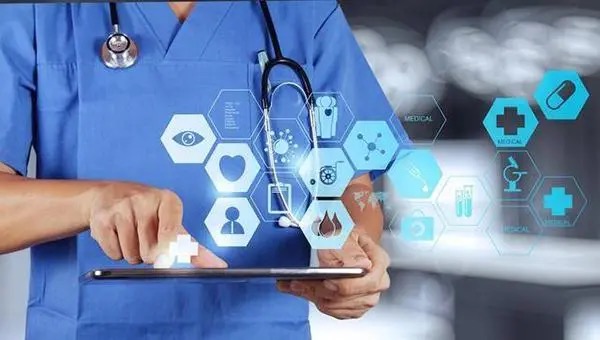
3. Remote medical consultation: doctors don't go out to see patients
Another fun one is telemedicine. The patient is at home, on video call, and the doctor is"home" to see the doctor. This not only saves the patient's time but also rationalizes the use of medical resources, especially in remote areas.
4. Bioprinting: Building organs is on the cards
Ever heard of bioprinting? This stuff is gradually realizing our fantasy: printing human organs. Using 3D printing technology, scientists have already made prototypes of organs like the heart and liver. Although the real application still has to be worked on, the prospects in this area are still fascinating.
5. Immunotherapy: Disrupting Cancer Treatment
Immunotherapy has been a big hit in recent years, especially against cancer. Many foreign medical institutions are desperately trying various immunotherapies to attack cancer cells by activating the body's immune system. This is a new hope for cancer patients, and it has also given late-stage patients a new light.
First, AI is being increasingly used in medical diagnosis. By training models, AI can accurately identify lesions and signs of disease from a large amount of medical image data, even surpassing the diagnostic accuracy of human doctors in some cases. This not only improves the speed of diagnosis but also reduces the risk of leakage and misdiagnosis, providing patients with more accurate treatment options.
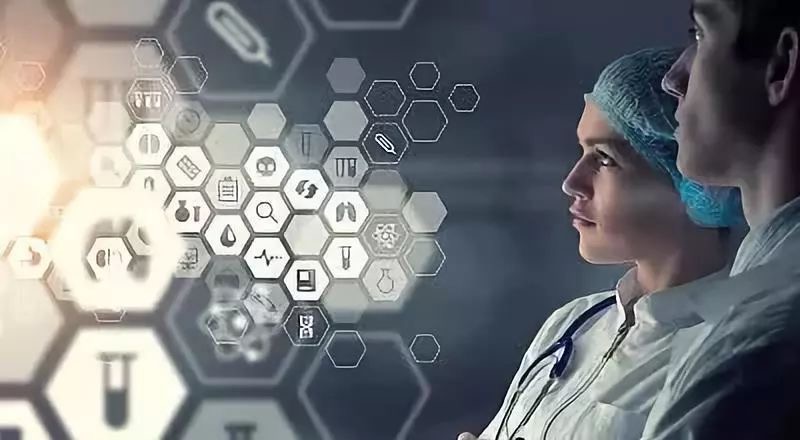
Secondly, AI also plays an important role in the drug development process. It can accelerate the drug discovery and development process by analyzing large amounts of bioinformatic data, making the development of new drugs more efficient and precise. This is expected to provide patients with more innovative treatment options.
By analyzing a patient's genes, clinical data and living habits, AI can develop a personalized treatment plan for each patient, improving treatment results and patient satisfaction.
Whether it's genetic modification, smart medicine, remote consultation, or bioprinting and immunotherapy, the rapid development of these technologies will have a profound impact on human health. Let's look forward to the future and welcome the great changes in medical technology!
